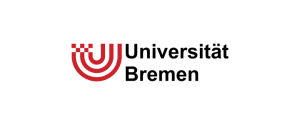The University of Bremen (UNI-Bremen) is a medium-sized German university with around 20,000 students, offering more than 100 master’s and bachelor’s programs in the natural sciences, engineering, the social sciences, and humanities as well as in teachers training and state law exams. Founded in 1971 as a reform university, the university has a well-established tradition in research-based learning, interdisciplinary cooperation, and excellent research. In 2012, the University’s Institutional Strategy ‘Ambitious and Agile’ led to it being awarded with the title of ‘University of Excellence’, one of only eleven universities in Germany.
The issues of today’s and future societies are dealt with in six high-profile research areas focused on the social conflicts of the modern welfare states, equity and health care, oceans and global climate, interfaces between digital technology and humans, and logistics of global supply chains.
The SOCIUM Research Center for Inequality and Social Policy of the UNI-Bremen is the only German research institute in social sciences that deals with theoretical and empirical questions of inequality, social policies, and their social and political interdependencies. The interdisciplinary research focuses on the social, economic, political, cultural, organizational, legal, historical, and sociomedical conditions and effects of social inequality, public social policies, and their interdependencies.
As the right to collective bargaining for social partners and co-determination is part of the German employment and social security system, SOCIUM has also a strong focus on Industrial Relations at the local and national level as well as from a comparative perspective. The SOCIUM has coordinated and participated in several research projects in the fields of welfare states, social inequalities, and work.
Website: https://www.socium.uni-bremen.de/
